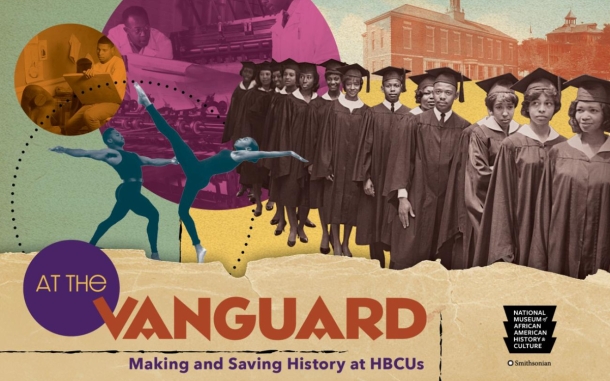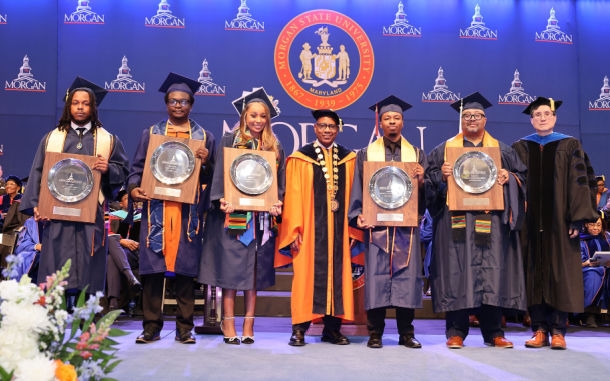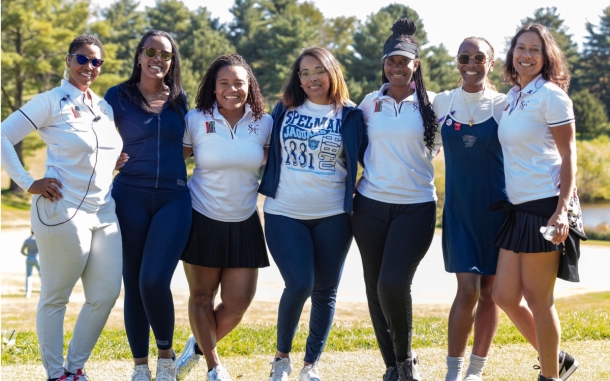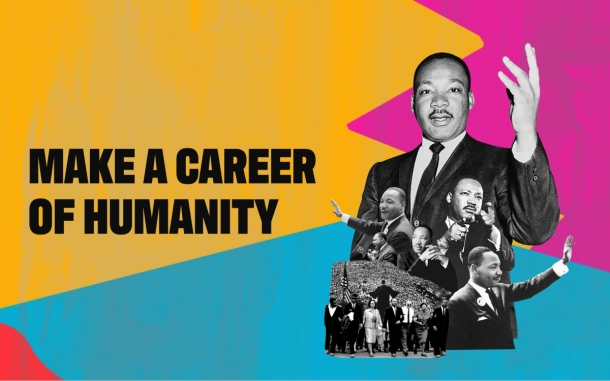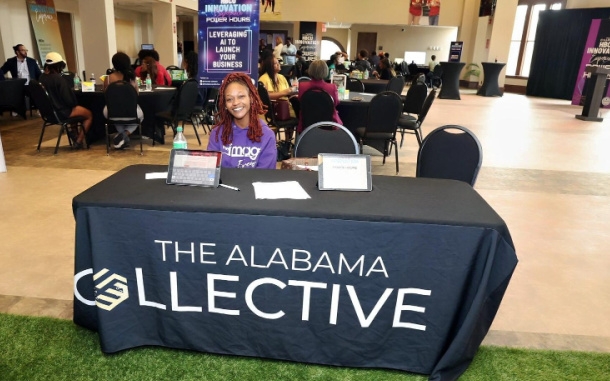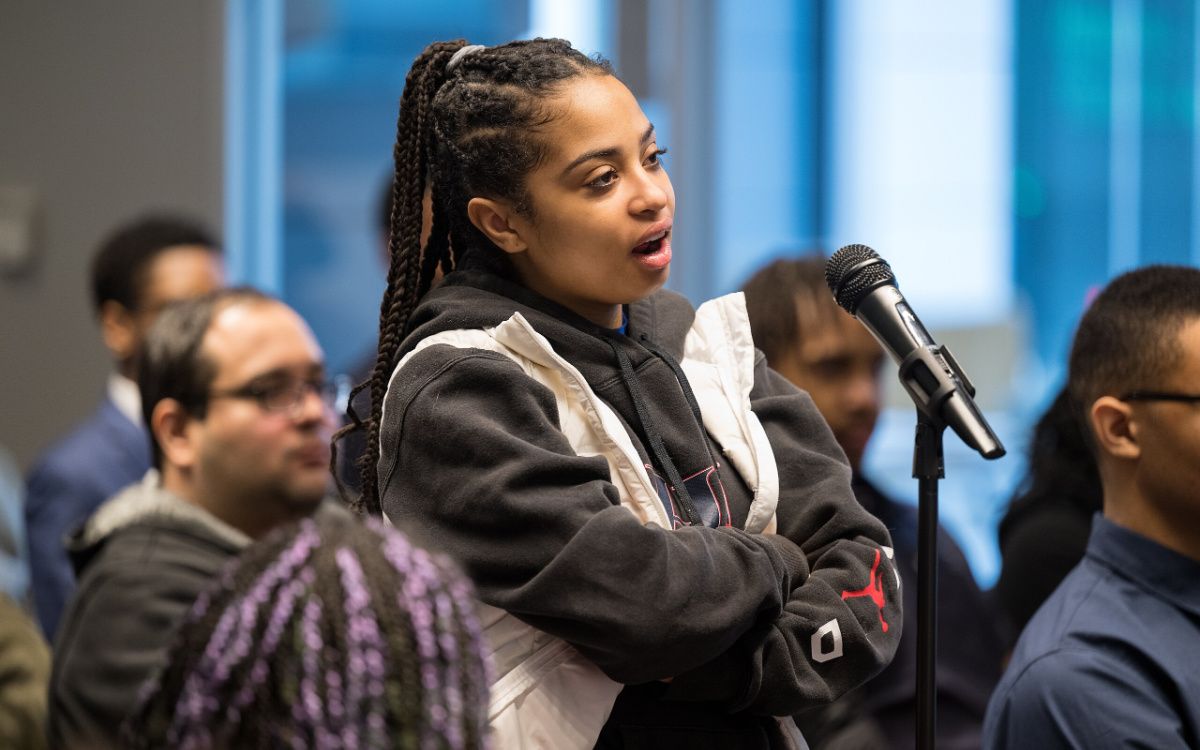
In a resounding vote of confidence for Black excellence in higher education, philanthropist MacKenzie Scott has awarded Howard University an unrestricted $80 million donation—one of the largest single gifts in Mecca’s storied 158-year history.
The transformative contribution includes $63 million for the university at large and $17 million dedicated to the College of Medicine, empowering Howard to chart its own path forward amid federal funding challenges.
This timely windfall arrives as a government shutdown has stalled critical federal appropriations, underscoring private philanthropy’s pivotal role in sustaining HBCUs. Howard leaders hailed the gift as fuel for accelerated momentum in research, student support, and infrastructure—areas where unrestricted funds shine brightest.
Why This Gift Matters Now
Howard University, already an R1 research powerhouse and the top-ranked HBCU for social mobility, faces heightened demands. The $17 million boost to the College of Medicine will supercharge plans for a state-of-the-art Academic Medical Center, building on Scott’s prior $12 million investment in 2023. Meanwhile, the broader $63 million tranche offers breathing room to expand scholarships, modernize facilities, and deepen DEI initiatives that have made Howard a beacon for future leaders.
"Ms. Scott’s extraordinary generosity reaffirms Howard’s legacy of educating and empowering generations. The gift’s no-strings-attached design—Scott’s signature—lets Howard respond nimbly to student needs, from emergency aid to cutting-edge labs.“
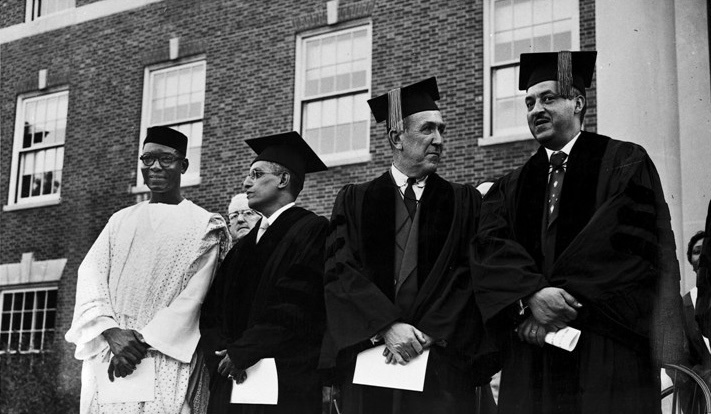
https://hbcuweeknow.com/featured-films/becoming-thurgood
The Benefit of Unrestricted Funds
By providing unrestricted resources, Scott gives Howard University the freedom to respond to its highest-priority needs. These may include increasing student financial aid, bolstering graduate research programs, enhancing operational resilience, or advancing capital projects.
Focus on Health Sciences and Research Expansion
A portion of the funding is directed toward Howard’s health sciences and medicine programs — areas in which the university has a deep legacy. The investment aligns with broader goals of building research capacity, expanding student pipelines into health professions, and addressing longstanding disparities in healthcare access and outcomes.
Howard University has received a transformative $80 million unrestricted gift from philanthropist MacKenzie Scott ... one of the single largest contributions in the University’s history.
— Howard University (@HowardU) November 3, 2025
This historic investment will strengthen student aid, support infrastructure improvements,… pic.twitter.com/GRa8AAgK5J
Long-Term Institutional Impact
This level of philanthropy supports Howard’s goals of strengthening its endowment, enhancing faculty recruitment and retention, and elevating its competitive standing among research universities. It reinforces confidence from stakeholders in Howard’s mission and trajectory.
About Howard University
Founded in 1867 in Washington, D.C., Howard University stands as the nation’s preeminent comprehensive HBCU and a global research leader. Home to 14 schools and colleges, it enrolls over 13,000 students and boasts alumni like Vice President Kamala Harris, Chadwick Boseman, and Thurgood Marshall. Recently elevated to R1 status, Howard drives breakthroughs in medicine, law, and social justice while ranking #1 among HBCUs for upward mobility.Howard’s College of Medicine, the oldest HBCU medical school, has trained trailblazers like Dr. Charles Drew (blood plasma pioneer) and produces physicians who serve underserved communities at triple the national rate.
About MacKenzie Scott & Yield Giving
MacKenzie Scott, novelist and philanthropist, reshaped modern giving after her 2019 divorce from Amazon founder Jeff Bezos. Through Yield Giving, she has revolutionized philanthropy with trust-based, unrestricted mega-gifts that empower recipients. Scott’s data-driven approach prioritizes equity, economic mobility, and community-led solutions. To date, her $19+ billion in donations span education, health, housing, and racial justice—often surprising recipients with life-changing flexibility.
